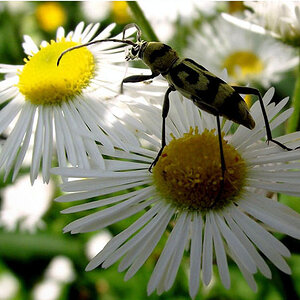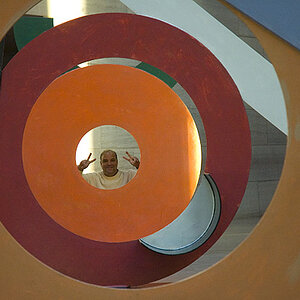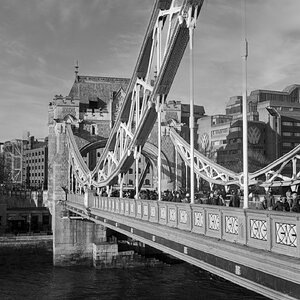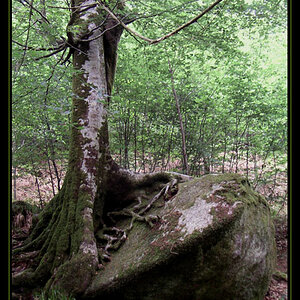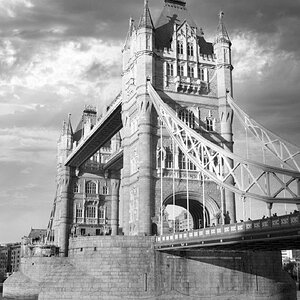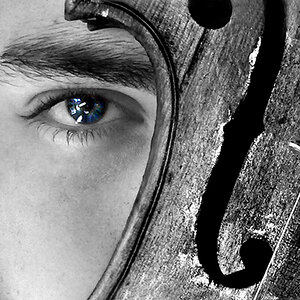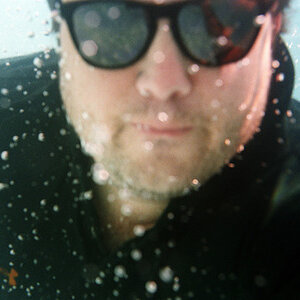notsue
TPF Noob!
- Joined
- Nov 12, 2009
- Messages
- 33
- Reaction score
- 0
- Location
- Southeast Texas
- Can others edit my Photos
- Photos NOT OK to edit
Which filters do I need for my camera, and what things can be accomplished with the tools built in the camera?
I dont want to spend much time on the computer trying to fix a picture after the fact because I've noticed my computer doesnt show me things how they really are.
I dont want to spend much time on the computer trying to fix a picture after the fact because I've noticed my computer doesnt show me things how they really are.



![[No title]](/data/xfmg/thumbnail/42/42256-dce29145f58094ceabbe05c0c8cef7fc.jpg?1619740065)

